SMARTER Brunei’s inclusivity project takes kids to mosques to learn about Islam
Just a month before the Society for the Management of Autism Related issues in Training, Education and Resources (SMARTER) Brunei founder Malai Haji Abdullah Malai Haji Othman passed away, he expressed a simple wish: to see their students simply existing at the mosque.
“He dreamed of a day when he could go to the mosque and pray while our autistic brother Farid would sit and wait quietly for him, in peace,” said Sharifah Adilah Surya, known as Malai Didi, his daughter and current SMARTER Brunei chief executive officer (CEO).
“He wanted to see inclusion on that level.”
Established in 2001 after his son, the youngest of five, was diagnosed with autism, SMARTER Brunei continues to provide much-needed support to families affected by autism.
Though he passed less than a year ago, his legacy lives on through his family. Driven by his children; his four daughters share their father’s dream of fostering understanding and acceptance for people like their brother and the youngest in the family, Farid.
Inclusion in worship
This year during Ramadhan, SMARTER Brunei launched a pilot project called ‘Maritah Ke Masjid Bersama Anak-Anak SMARTER’, inspired by their founder’s legacy.
The project involved SMARTER Brunei students visiting mosques to learn and understand Islamic practices, including performing ablution and prayers, as well as mosque etiquette.
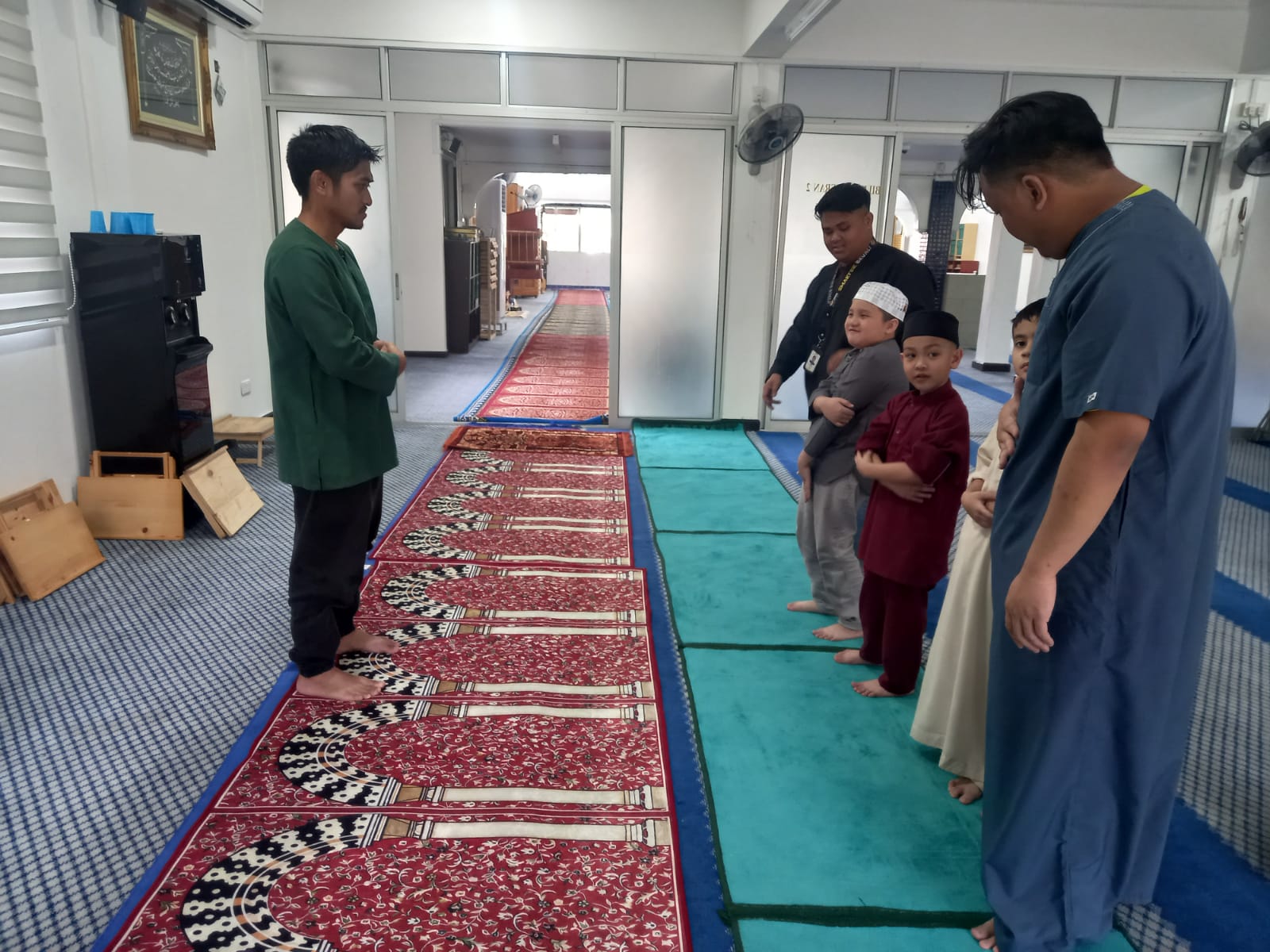
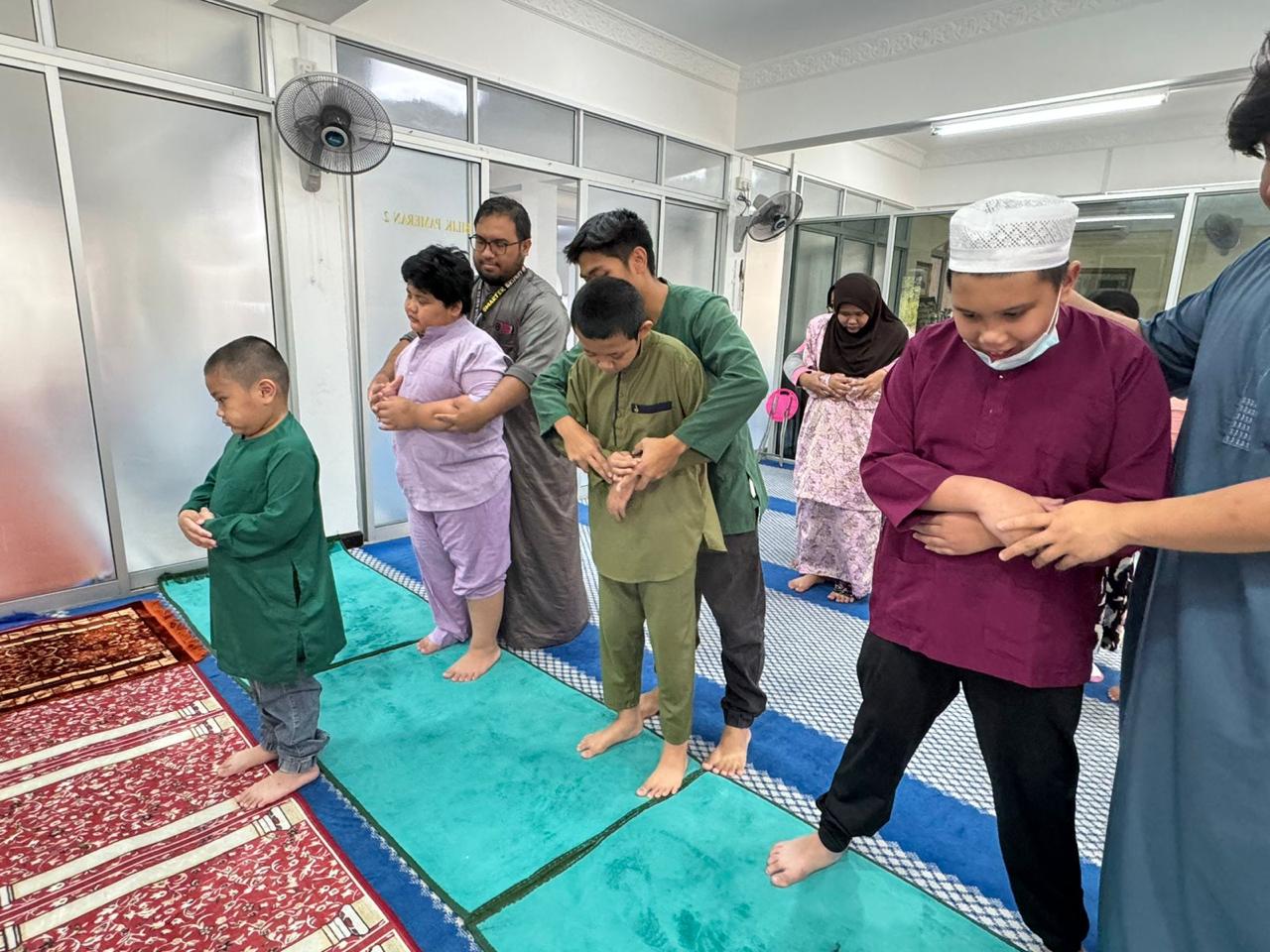
To bring the project to life, Malai Didi said that the non-governmental organisation (NGO) collaborated closely with graduates from Universiti Islam Sultan Sharif Ali (UNISSA) and the Religious Teachers University College of Seri Begawan (KUPU SB), most of them specialise in early childhood education or special education.
Furthermore, she added that part and parcel of the project was to support the Islamic Studies Department’s Special Education Unit (JPI UPK), another close collaborator, who are also looking into strengthening the country’s Islamic education, especially for individuals with disabilities.
Due to the nature of autism as a neurodevelopmental condition, it is not mandatory for individuals with autism, depending on their condition, to perform the religious obligations in Islam.
Malai Didi explained that although it is not mandatory (wajib), individuals with autism are still encouraged to engage with the teachings and wisdom (akhlak) of Islam.
The focus of their project, she said, is not on the complexities or the laws (hukum) of Islam but rather on the practices of the Sunnah such as cleanliness, courtesy, respect and mindfulness of others.
“It’s also appropriate to teach them the history of Islam, though not in depth about such as when the revelations (wahyu) occurred. Instead, the focus is on understanding who Prophet Muhammad (pbuh) was and the essence of Islam.
“In teaching Islam, the emphasis is on differentiating between what is right and wrong within Islamic teachings, without getting too stuck in the details. For example, why do we perform ablution aside from prayer? Because you need to clean yourself”.
It takes a village
Fortunately for the NGO, their SMARTER EDGE Centre is located in Kampong Mata-Mata, right beside the Kampong Perpindahan Mata-Mata Mosque.
Throughout the holy month of Ramadhan, the heart-warming sight of SMARTER Brunei kids, accompanied by their devoted teachers, visiting the mosque twice a week between prayer calls became a cherished routine, warmly embraced not only by the mosque’s congregants but also by the kids’ parents.
“Before we launched this initiative, we reached out to the local imams to share our idea of bringing some of our kids to the mosque at least once a week to help them become acquainted with the mosque’s rules and role in the community,” Malai Didi said.
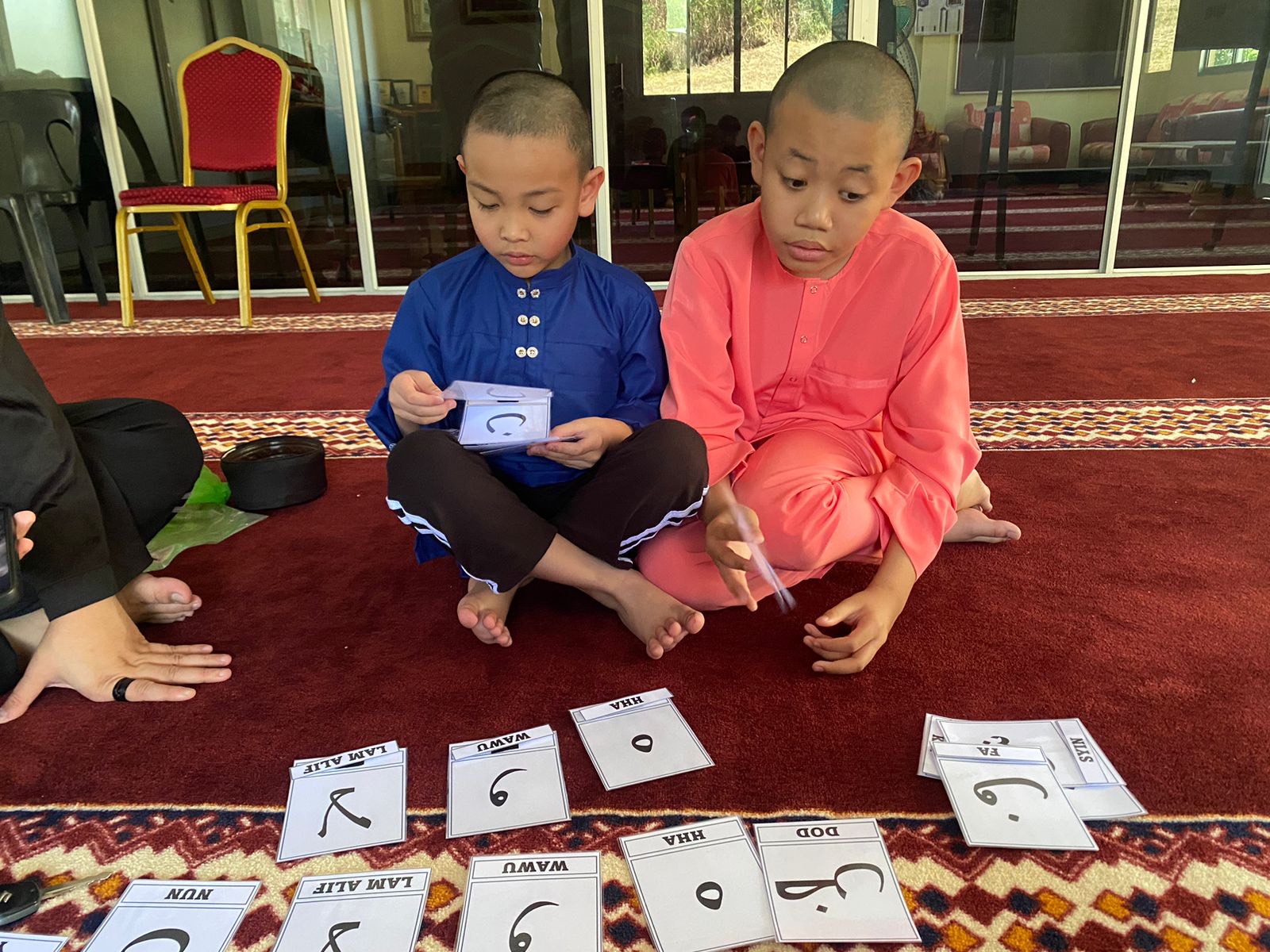
When the time finally came for their first session under the project, the experience exceeded all expectations.
Parents were moved to tears as photos of their children trying to perform prayers and ablution were shared, while mosque congregants were delighted to participate in their religious education, with some eagerly hoping for more involvement from the kids.
“We bring them out because we want them to learn how to behave in public settings. Ultimately, these kids are part of the community – whether we see them or not.
“We aim to bring them everywhere, not to attract stares but to raise awareness and understanding. Our goal is to reduce discrimination and stereotyping, ensuring that they are accepted and integrated into all aspects of society.”
Heartfelt mission
Though Malai Didi was initially unsure of how to execute the project, its success has given the organisation hope of continuing it beyond just the month of Ramadhan, possibly making it a monthly affair.
For the CEO, the project is rooted in the desire to ensure that everyone, including individuals with autism, is seen and takes part in the community.
They also hope that these individuals can eventually understand and experience the role of the mosque as a sanctuary for seeking respite.
“It’s been a humbling experience. The mosque is often the heart of most of our communities, so it’s important for us to continually build on this project.

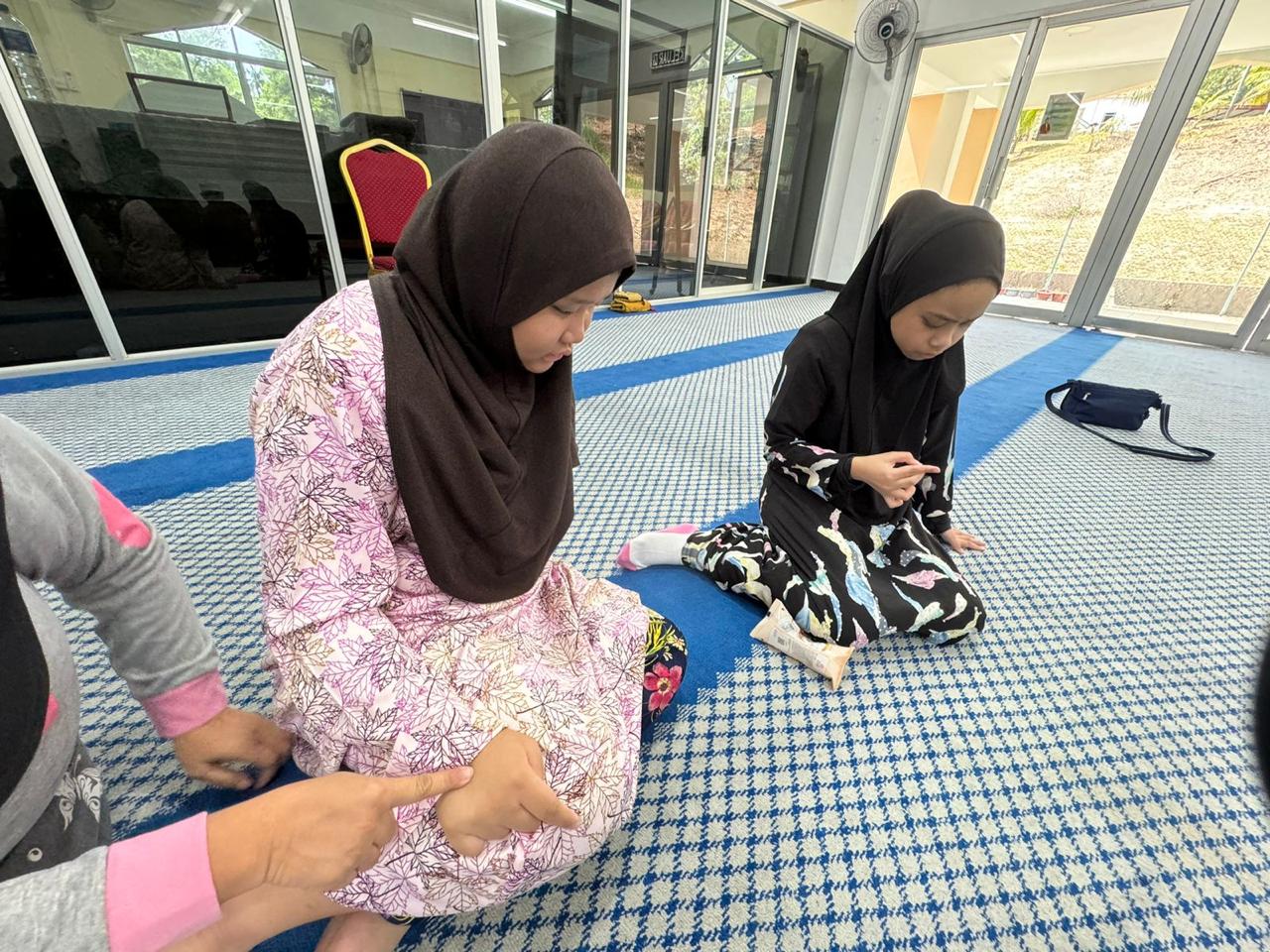
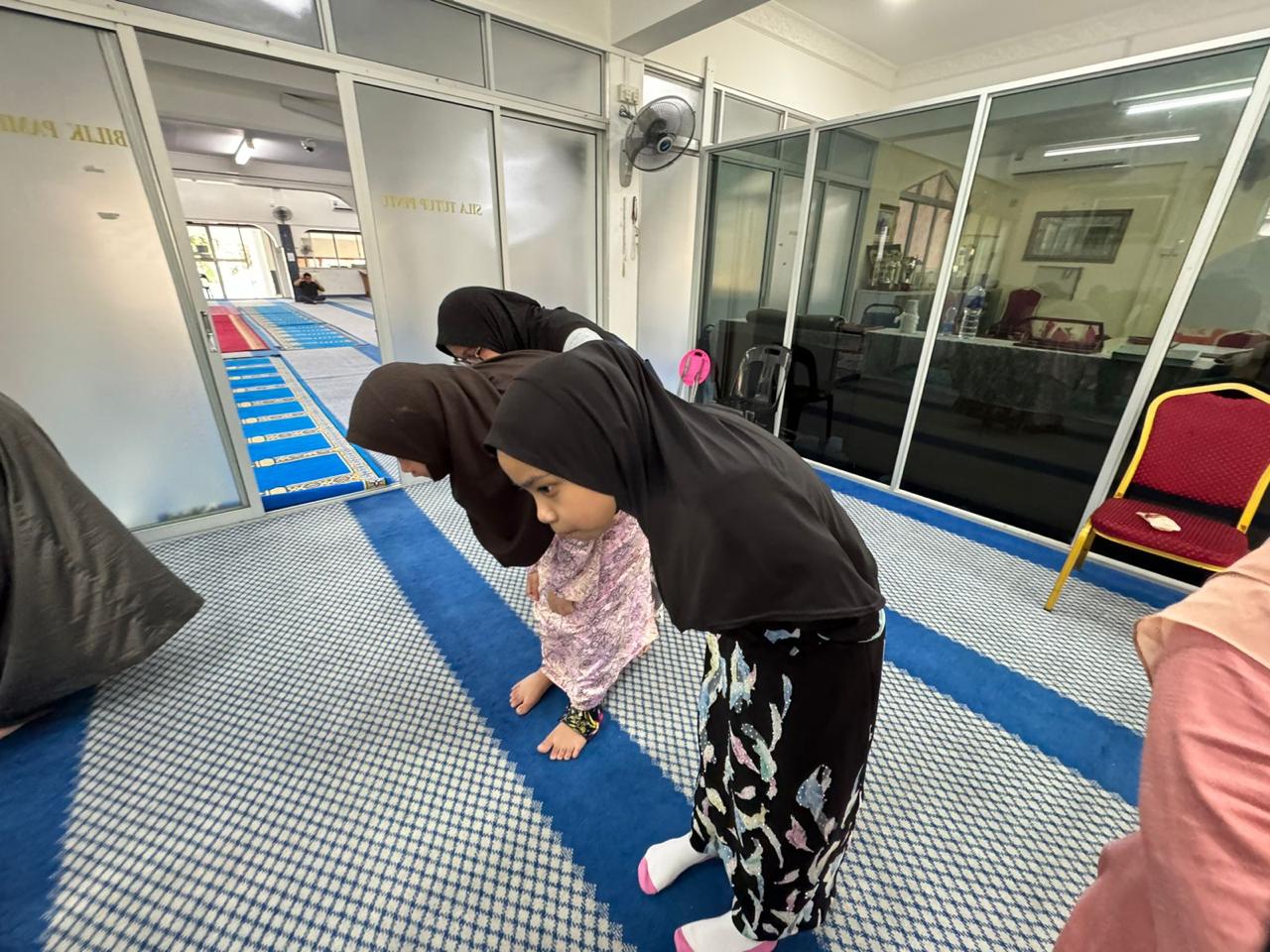
“It’s very nice to see. You can now say that the mosque is a sanctuary for our kids, giving them a sense of peace.”
With the success of the pilot project, SMARTER Brunei is eager to expand its reach to include other OKU communities.
They are seeking collaborators to enhance and expand the programme, making it more inclusive and beneficial for all.
As a mother of three autistic children herself, the project also holds a deep personal significance to Malai Didi that goes beyond just continuing her late father’s legacy.
As someone who understands the importance of acceptance and inclusion for individuals with autism, SMARTER Brunei’s mosque project is all about building a future where individuals like her brother and her children are fully embraced by society.
Acceptance however must continually be built, fostered and fought for, especially when it comes to OKU. And unfortunately, ignorance of individuals with autism still persist.
“That’s really it. That’s why this project is important. If we don’t care, then who will? My (eldest) son is 12 and I want him to understand what Islam truly is.
“He has to understand the other aspects, the spiritual, the mindfulness, and the part of you that feels connected to something. So, I wanted him (and the rest of the kids) to understand that they are part of something.
“And the process, doesn’t have to be scary; it doesn’t have to be traumatic. It can be a beautiful thing, and he can take his time learning it.” – Wardi Wasil


